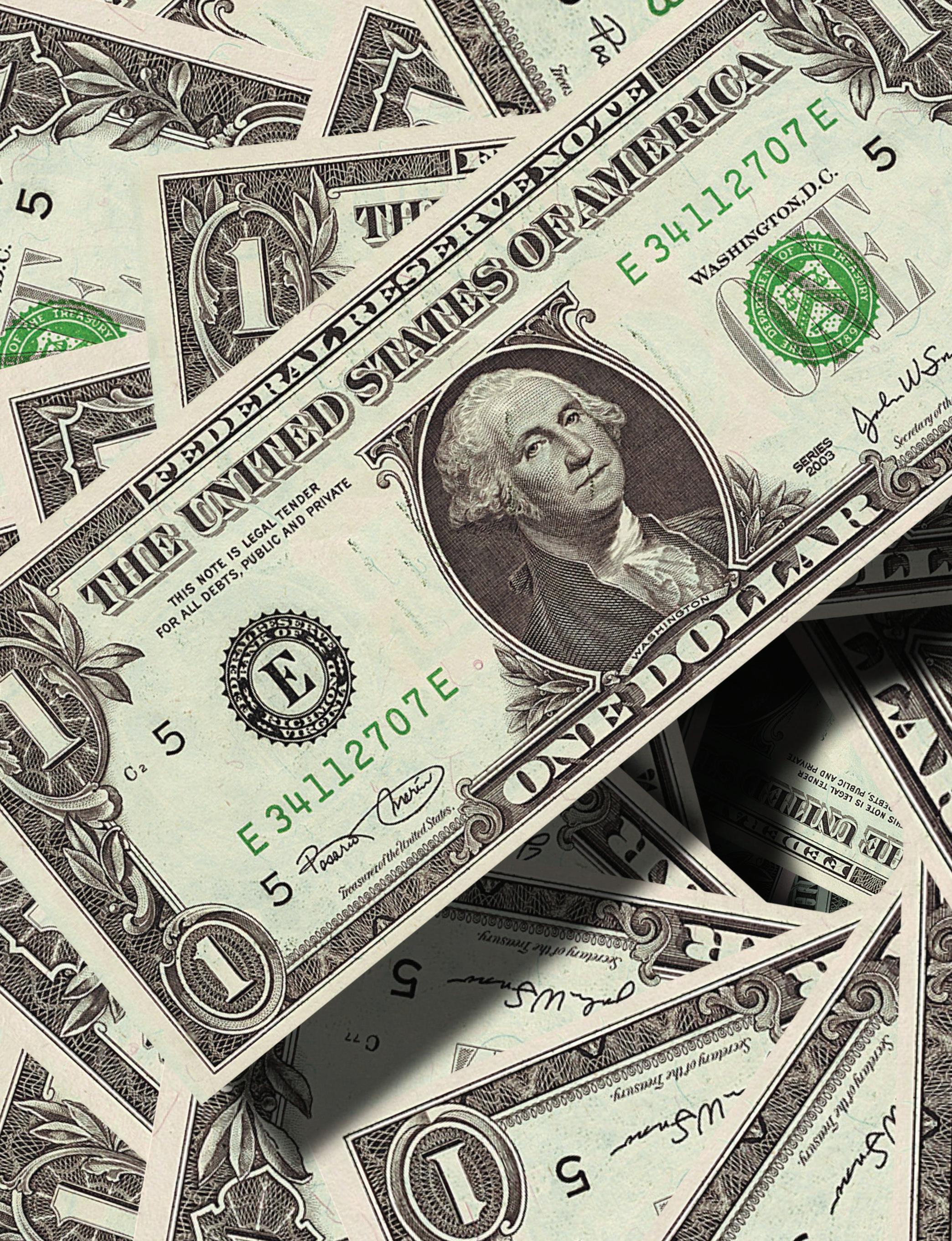
3 minute read
FINANCIAL FOCUS
Loopholes aren’t forever.
The Whiskey Rebellion, 1794
by Michael McCormick, CPA
There is nothing more American than taking on the Tax Man. From the United States’ inaugural anti-taxation jamboree, The Boston Tea Party, to each April in the present day, Americans have never been shy about letting it be known how much they hate taxes. Indeed, every American does their best to avoid paying them -- from the average working stiff getting paid under the table to the biggest corporations making the most of off-shore tax havens. One event in American history epitomizes just how ingenious Americans can be in dodging tax collectors. You may remember from school that, in the years leading up to 1794 and little more than thirty-five years before Yuengling (America’s oldest brewery) existed, Western Pennsylvanians were in open rebellion against what they saw as an overreach of Uncle Sam in an event known as the Whiskey Rebellion. There were two major issues that triggered the Whiskey Rebellion. The first was a new excise tax implemented by Alexander Hamilton, the Secretary of Treasury and chief architect of American economic policy at that time. This law, passed in Whiskey Tax in the first place. Many goods at the time had taxes on them; what made whiskey so special? It turns out that, for years, rural communities had been using distilled spirits instead of money, as it was easily salable yet had no tax on its exchange. Thus, if one got paid in liquor and one purchased things with liquor, one could avoid having to pay any taxes at all! Furthermore, whiskey, like gold, was stable, had a near-infinite shelf-life, and took a determinate amount of labor to produce, allowing it to act as a kind of local reserve currency when paper bills were in short supply. This practice was so common in Western Pennsylvania that a weekly wage of 3 gallons of whiskey became standard across the region. Viewed in this light, then, what The Whiskey Rebellion was about wasn’t so much a generalized attempt to thwart the law, but the loss of an ingenious tax break the likes of which these rural working communities would rarely see again. This tax acted as a nearly 9% decrease in yearly wages, which was too much of an economic hardship for these communities to bear. And really, this is the problem with tax loopholes: they’re great while we have them, but if you don’t have a new one planned for when the last closes up, it can be challenging economically.
1791 as part of his plan to pay down America’s war debt -accumulated during the Revolution- added a tax on all distilled spirits. Second, the law was to be enforced by a federal officer who would have broad powers to collect that tax, providing them with armed men to ensure their safety in the rural and backwoods areas that provided the nation with much of its whiskey.
Soon after the law’s passage, when the Tax Men came to collect, average citizens revolted and refused to pay them a dime, with dozens of successful armed standoffs and scuffles. In 1794, things came to a head when 500 men marched on the fortified home of tax inspector General John Neville and burned it to the ground. Soon after, 13,000 troops were sent by George Washington himself, and the rebels were soundly defeated at the Battle of Fort Fayette. So ended the Whiskey Rebellion.
What is so interesting about that story, however, is not that the rebels fought and lost, but why they were so opposed to the While the use of whiskey as currency arose spontaneously, with today’s overly-complicated tax laws, you need to be a specialist to know where and how you can get a break (discount in the tax code). This is why tax planning ahead of time is so important: working with a Pro who knows the law and can figure out how to best keep you from wasting money is 90% of the battle. And, with the right support from a qualified professional, you can be sure that when your Whiskey Tax (crypto, real estate, business sale) comes about, we will already have another alternative to prevent you from feeling the crunch -- no rebellion needed…
Michael McCormick is the Principle of Financial Clarity Group, Inc. an Ohio CPA and Investment Advisor Representative, with over 20 years experience. A graduate of the University of Cincinnati’s College of Business Administration and a 1988 graduate of Lima Central Catholic. He can be reached at 513-488-1121 or mike@financialclaritygroup.com and www.financialclaritygroup.com








